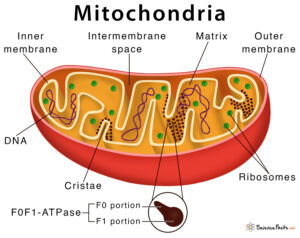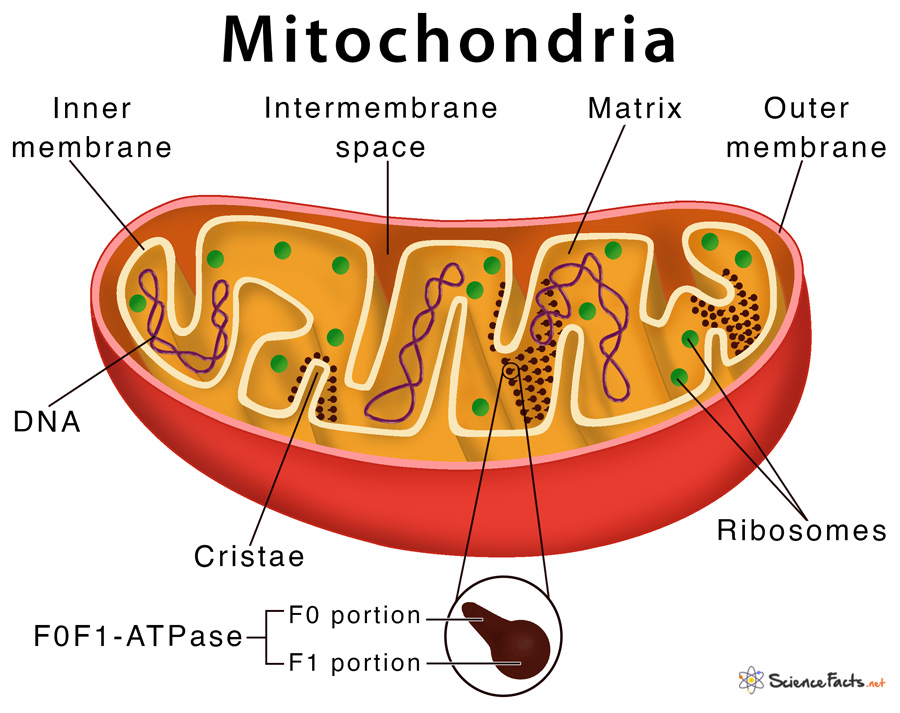
Introduction
Dementia is a progressive neurological condition characterized by memory loss, cognitive decline, and difficulty in performing daily tasks. While there is currently no definitive cure, recent research has highlighted the potential benefits of supporting mitochondrial health and enhancing nutrition to slow or reverse dementia’s effects. This blog will explore these innovative approaches and their potential impact on managing dementia symptoms and improving quality of life.
- Mitochondrial Support
Mitochondria are the energy-producing structures within cells, and their dysfunction has been implicated in the progression of neurodegenerative diseases like dementia. By supporting mitochondrial health, it may be possible to slow or reverse dementia’s effects. Here are some strategies for mitochondrial support:
a. Coenzyme Q10 (CoQ10): This antioxidant helps produce energy within the mitochondria and protects them from oxidative damage. Studies suggest that supplementing with CoQ10 may improve cognitive function in individuals with dementia.
b. Alpha-lipoic acid (ALA): A powerful antioxidant that supports mitochondrial function, ALA has been shown to protect brain cells from damage and may help slow cognitive decline in dementia.
c. Acetyl-L-carnitine: This amino acid helps transport fatty acids into the mitochondria for energy production. Research has indicated that acetyl-L-carnitine supplementation may improve memory and cognitive function in dementia patients.
d. Exercise: Regular physical activity can improve mitochondrial health and overall brain function. Aim for at least 150 minutes of moderate-intensity aerobic exercise per week, along with muscle-strengthening activities.
e. Alpha-GPC: L-Alpha glyceryl phosphorylcholine is a natural choline compound found in the brain. It is also a parasympathomimetic acetylcholine precursor which has been investigated for its potential for the treatment of Alzheimer’s disease and other dementias.
- Nutrition for Brain Health
A well-balanced diet can support brain health and potentially slow the progression of dementia. Here are some nutritional strategies to consider:
a. Mediterranean and DASH Diets: Both of these diets emphasize fruits, vegetables, whole grains, and lean proteins, and have been shown to reduce dementia risk and slow cognitive decline.
b. Omega-3 Fatty Acids: Found in fish, walnuts, and flaxseeds, omega-3 fatty acids can support brain health and reduce inflammation. Studies have suggested that increased omega-3 intake may lower dementia risk and slow cognitive decline.
c. Antioxidants: Consuming antioxidant-rich foods like berries, leafy greens, and nuts can protect brain cells from damage and support cognitive function.
d. B Vitamins: Vitamins B6, B9 (folate), and B12 have been linked to improved brain health and reduced risk of dementia. Ensure a balanced intake of these vitamins through diet or supplementation, as advised by a healthcare professional.
e. Curcumin: Found in turmeric, curcumin has potent antioxidant and anti-inflammatory properties. Studies suggest that it may help protect brain cells from damage and slow cognitive decline.
Conclusion
Supporting mitochondrial health and focusing on proper nutrition can potentially slow or reverse the effects of dementia. Incorporating strategies such as CoQ10, alpha-lipoic acid, acetyl-L-carnitine supplementation, exercise, and a balanced diet rich in omega-3 fatty acids, antioxidants, and B vitamins can contribute to overall brain health and improved cognitive function. While more research is needed to confirm these approaches’ effectiveness, they represent promising avenues for managing dementia symptoms and enhancing the quality of life for affected individuals and their caregivers.
